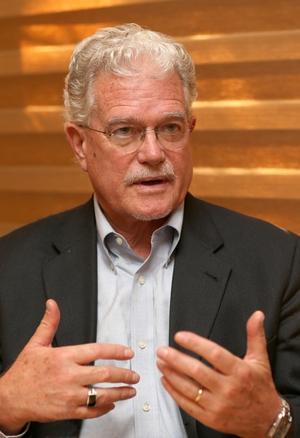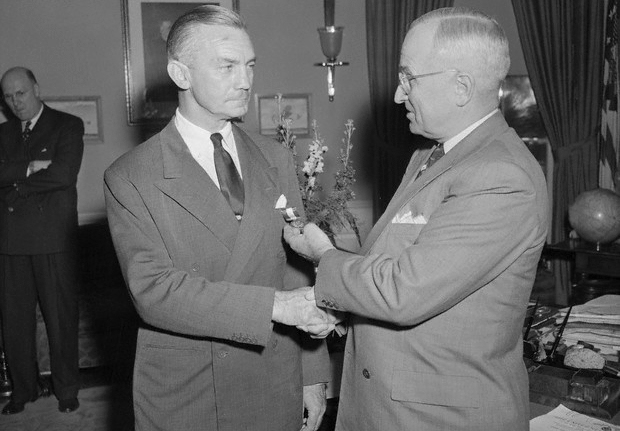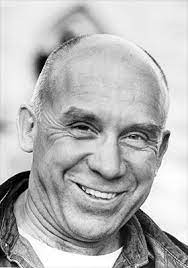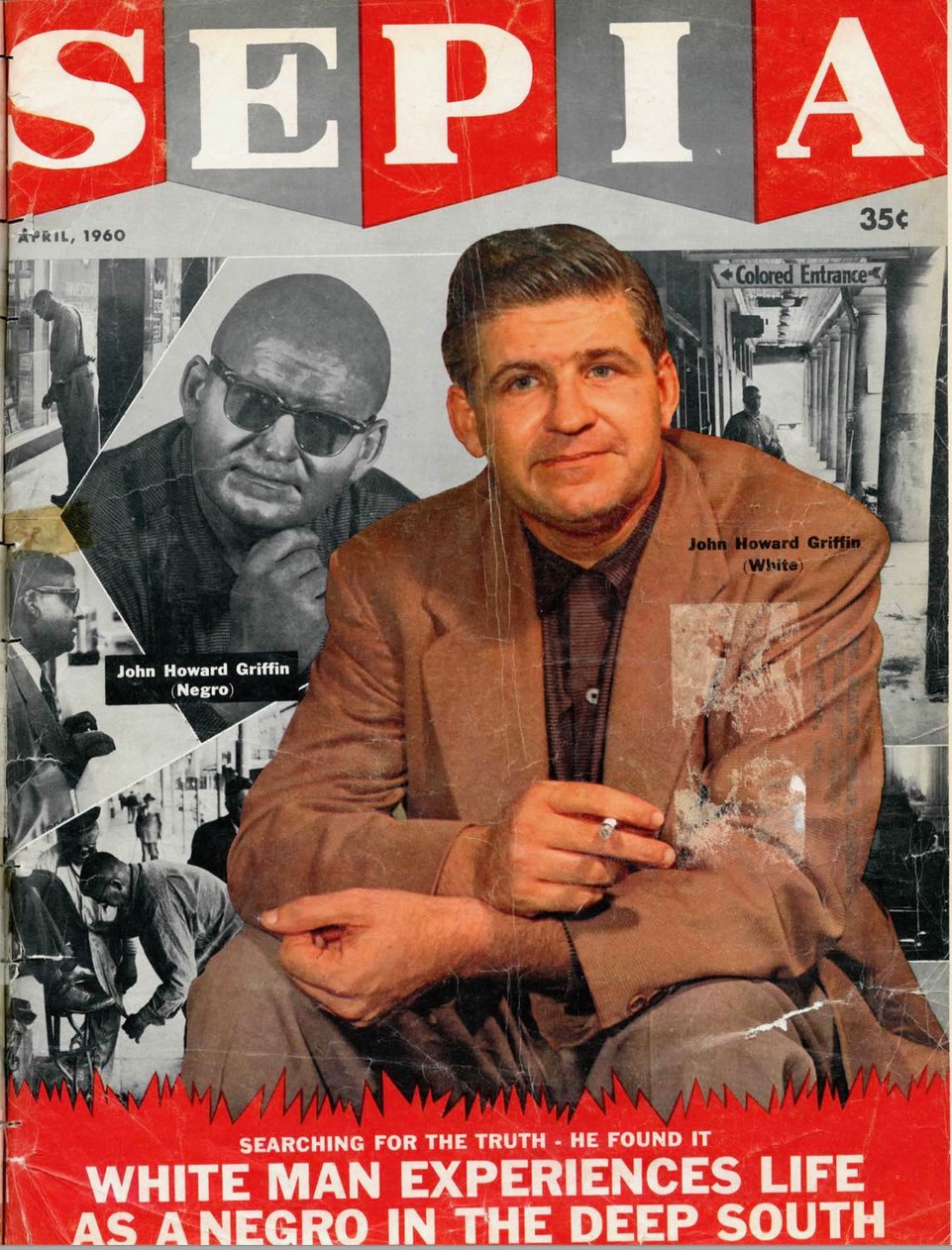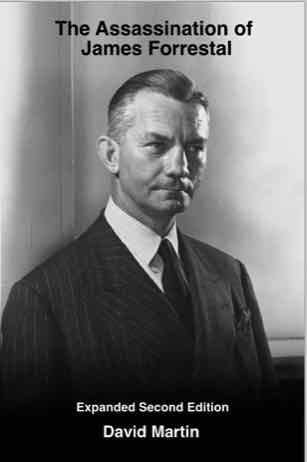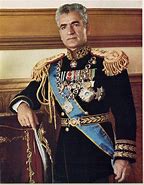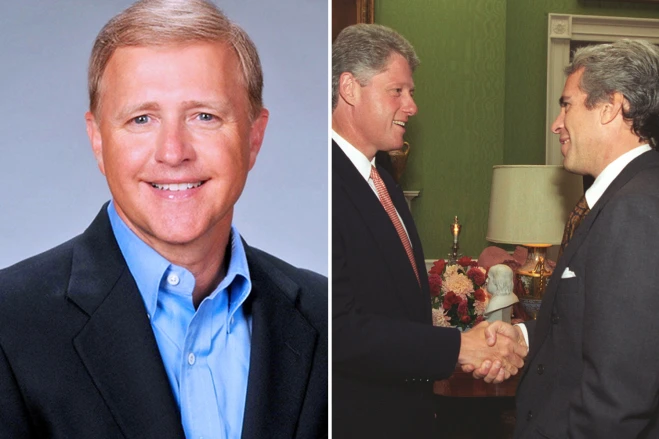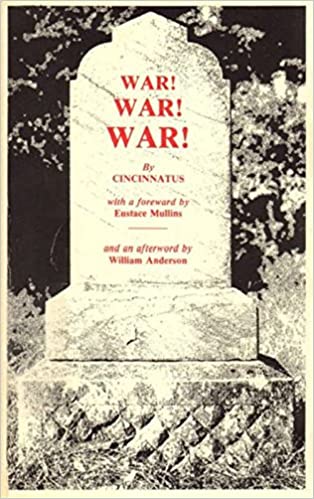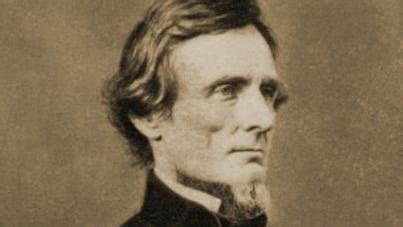A review If one were to read just one book about the fierce and very destructive war that took place on the Korean peninsula 1950-1953, this rather short (268 pages counting the endnotes) 2010 effort by Bruce Cumings, the retired chairman of the department of history at the University of Chicago, would not be the one that I would recommend. To the contrary, it would be just about the last book I would recommend if the reader were to go into the subject knowing very little. What it would be especially good for, though, would be reinforcing the leftist prejudices that the typical American college student takes away from his or her experience in higher education these days, particularly if…
FULL ARTICLETag: U.S. history
James Forrestal, Harry Truman, and Israel
Alison Weir, the former journalist who heads up an organization aptly named, If Americans Knew, chose an equally appropriate title for her very popular 2014 book, Against Our Better Judgment, The Hidden History of How the U.S. Was Used to Create Israel. The fact of the matter is that the better judgment of the United States was, unlike today, well represented by its foreign policy leadership in 1948 when Palestine was most inequitably divided into Jewish and Arab parts by the United Nations, and the Zionist leaders of the Jewish part announced the creation of the brand-new state of Israel. President Harry Truman made his decision endorsing the partition over the solid advice he received by the experts in his…
FULL ARTICLEDid Thomas Merton Have a Love Child?
The late writer and peace activist, Jim Forest, was a good friend and regular correspondent with the notable Catholic spiritual and political leader, the Trappist monk Thomas Merton. Merton, in fact, dedicated his 1968 book, Faith and Violence, to the Jesuit priest and anti-Vietnam War activist, Phil Berrigan, and to his fellow activist, Forest. Forest’s 2008 book, Living with Wisdom: A Life of Thomas Merton, is, for the most part, an excellent introduction to the life and works of Merton. It is a revised and expanded version of the book with the same title published in 1991, which was itself an expansion upon the much smaller Thomas Merton: A Pictorial Biography published in 1979. The 2008 incarnation continues to be…
FULL ARTICLEBlack Like Whom? Mystery Man, John Howard Griffin
In our 2018 book, The Martyrdom of Thomas Merton: An Investigation, we identified John Howard Griffin as one of four key people responsible for cementing in the public mind the belief that the great Catholic monk and public intellectual, Thomas Merton, had died from accidental electrocution. The other three were Merton’s abbot at the Our Lady of Gethsemani Abbey, Flavian Burns, Merton’s secretary there, Brother Patrick Hart, and Merton’s authorized biographer, Michael Mott. For the recently published Thomas Merton’s Betrayers: The Case against Abbot James Fox and Author John Howard Griffin, we have delved more deeply into Griffin’s background. The Texas-born journalist and author John Howard Griffin, is known almost exclusively for his 1961 book, Black Like Me. It is…
FULL ARTICLEAmazon Censorship
I posted this poem on my web site when the Internet was still in its infancy. Of Swords and Pens The pen may be stronger than the sword, But pens, like guns, can be bought. And battles of words, like battles with guns, Can be unfairly fought. Those who rule know all too well The power of the word, And so they ration carefully The ones that can be heard. In our land there’s little chance That virtue will prevail When “truth” is a consumer good And words are all for sale. That was on April 5, 1998, and the word battlefield has changed quite a bit since then. Back then, control of the airwaves, newspapers, magazines, publishing companies, and…
FULL ARTICLEWe Pulled the Plug on the Shah
When I first wrote on this subject seven years ago, the title was in the form of a question, “Did We Pull the Plug on the Shah?” With the help of a fairly recent but very obscure book by the American expatriate living in England, Arlene Lois Johnson, The Shah of Iran: Mohammad Reza Pahlavi: Victim of His Times I have accumulated enough additional information to write the title of this brief essay as a declarative statement. The book was published in the United Kingdom by News Source, Incorporated. No date is provided, but Johnson tells me that it came out in 2018. The book is apparently not available on Amazon, and I couldn’t get it to come up with…
FULL ARTICLEMark Middleton, Meet Daniel Best
I posted the first version of what would expand into the Seventeen Techniques for Truth Suppression on March 7, 1998. There were 13 originally, expanding in stages to 17 by the end of 1999, where it has stayed. No changes were made in the original entries. The choice of “Dummy up” for the first technique is looking better with every year that passes, despite what would appear to be much greater difficulty than before in keeping a lid on important information, what with the numerous ways that one can be informed these days. It’s beginning to look as though, similar to George Orwell’s 1984, what I wrote as a description is being taken more and more as a prescription. Take…
FULL ARTICLEAmerican Press Beating Familiar War Drums
We didn’t have to look far to find the opening quote for this article. It was right there on my AOL News. Check it out: They are a distinct minority in their own party and, for that matter, their country: Republican holdouts amid an ever-widening consensus that Russia’s unprovoked invasion of Ukraine poses a mortal threat to American interests. A far right wing of the Republican Party tightly bound to former President Donald Trump is fighting to push the GOP toward the “America First” isolationism that underpinned his 2016 presidential bid. For the first time since Trump’s rise, his party is pushing back. These are the first three paragraphs for a pro-war-participation propaganda piece that AOL has picked up from…
FULL ARTICLEJefferson Davis, in His Own Words
Unlike his adversary in what is inaccurately called the American Civil War and is imprecisely called the War between the States, Jefferson Davis, the president of the Confederacy during the North’s war to end Southern secession, was not a lawyer. Born in Kentucky like Abraham Lincoln, he was a West Point graduate and career army officer who got into politics in Mississippi, where his family had moved when he was young. There’s quite a bit of irony here. First, his military background seemed not to have helped him very much as a war leader, especially in many of his personnel decisions; his counterpart, Lincoln, seemed to be a good deal better at it, in spite of the generally lower quality…
FULL ARTICLE